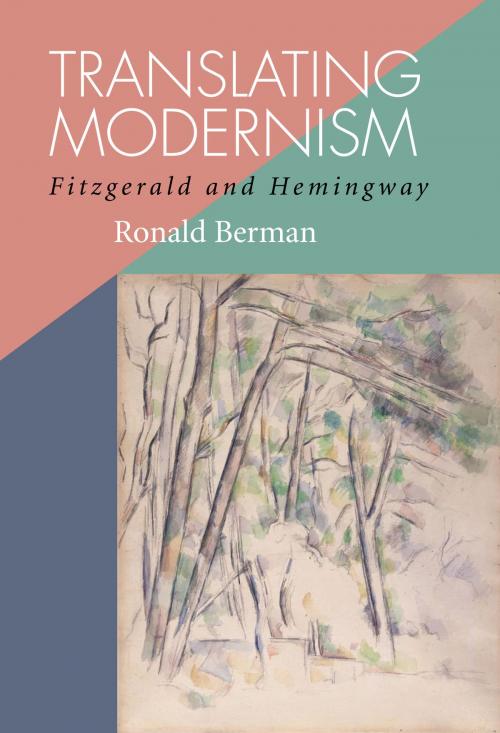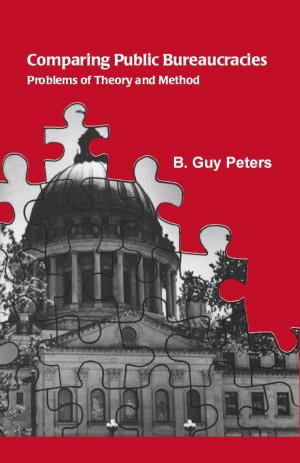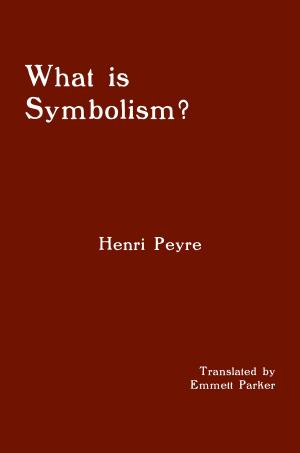| Author: | Ronald Berman | ISBN: | 9780817381554 |
| Publisher: | University of Alabama Press | Publication: | July 26, 2010 |
| Imprint: | University Alabama Press | Language: | English |
| Author: | Ronald Berman |
| ISBN: | 9780817381554 |
| Publisher: | University of Alabama Press |
| Publication: | July 26, 2010 |
| Imprint: | University Alabama Press |
| Language: | English |
In Translating Modernism Ronald Berman continues his career-long study of the ways that intellectual and philosophical ideas informed and transformed the work of America’s major modernist writers.
Here Berman shows how Fitzgerald and Hemingway wrestled with very specific intellectual, artistic, and psychological influences, influences particular to each writer, particular to the time in which they wrote, and which left distinctive marks on their entire oeuvres. Specifically, Berman addresses the idea of "translating" or "translation"—for Fitzgerald the translation of ideas from Freud, Dewey, and James, among others; and for Hemingway the translation of visual modernism and composition, via Cézanne.
Though each writer had distinct interests and different intellectual problems to wrestle with, as Berman demonstrates, both had to wrestle with transmuting some outside influence and making it their own.
In Translating Modernism Ronald Berman continues his career-long study of the ways that intellectual and philosophical ideas informed and transformed the work of America’s major modernist writers.
Here Berman shows how Fitzgerald and Hemingway wrestled with very specific intellectual, artistic, and psychological influences, influences particular to each writer, particular to the time in which they wrote, and which left distinctive marks on their entire oeuvres. Specifically, Berman addresses the idea of "translating" or "translation"—for Fitzgerald the translation of ideas from Freud, Dewey, and James, among others; and for Hemingway the translation of visual modernism and composition, via Cézanne.
Though each writer had distinct interests and different intellectual problems to wrestle with, as Berman demonstrates, both had to wrestle with transmuting some outside influence and making it their own.















